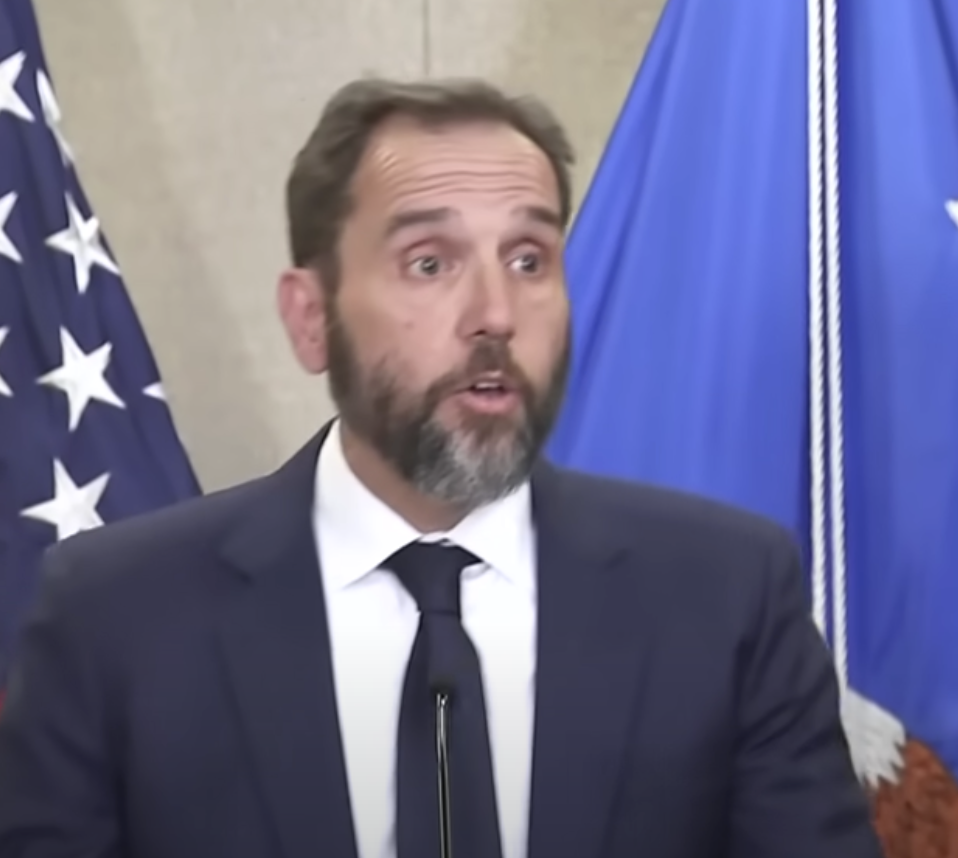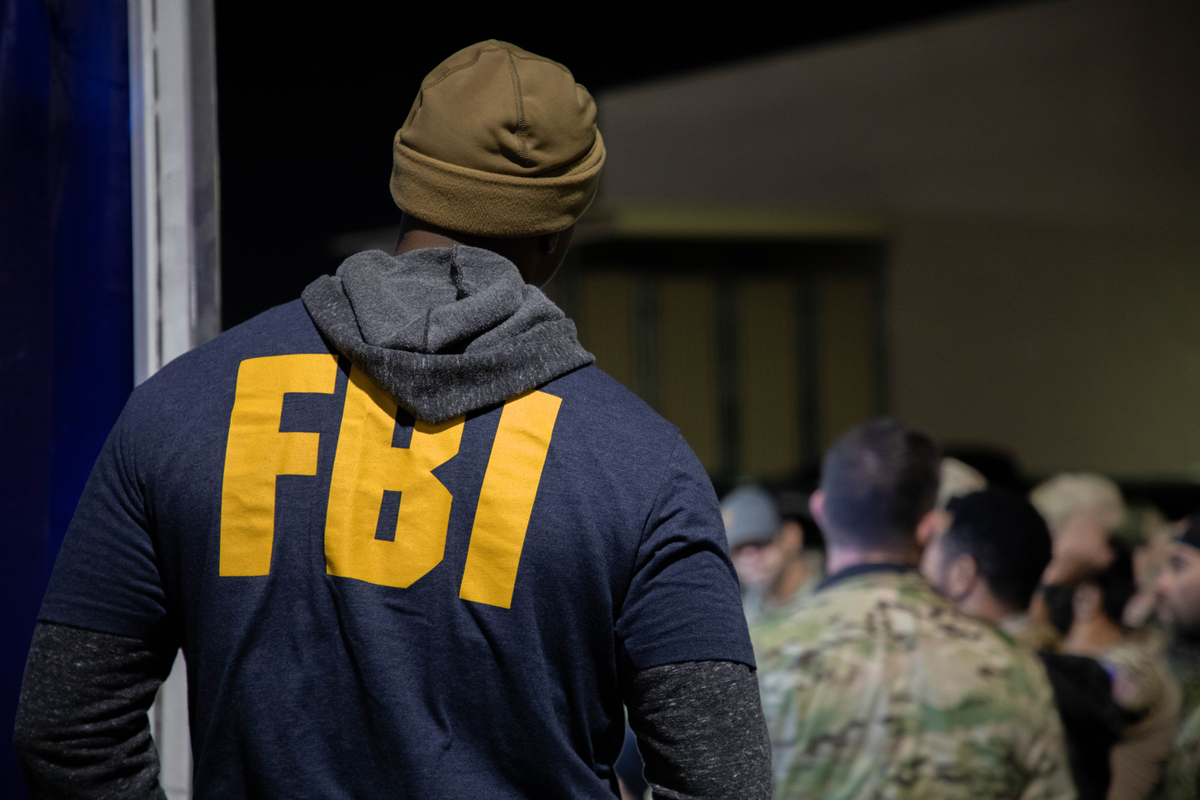 By Van Smith
Baltimore City Paper
By Van Smith
Baltimore City Paper
BALTIMORE –– Dev Bahadur Hamal worked behind the counter of the Tobacco Stop in Bel Air, one of those ubiquitous shops that sell legal smokables and accessories for illegal ones, like bongs, hookahs, rolling papers, pot grinders, and glass pipes.
On Sept. 22, 2011, a customer stepped up to the counter and asked whether the Tobacco Stop sold “Hysteria.” Hamal nodded and sold him a 1-gram packet of the stuff, labeled “potpourri” that is “not for human consumption,” for $21.20. The customer held his hand to his mouth while pinching together his thumb and index finger, and asked if “you smoke this stuff.” Hamal said, “Yes.” Pointing out that his pipe wasn’t working properly, the customer asked for rolling papers, and Hamal said the stuff was “very strong,” urging caution if smoking it that way.
Hamal’s helpfulness has been memorialized in numerous federal court documents in the years since, causing no end of trouble.
The customer, it turned out, was an undercover officer working for the U.S. Drug Enforcement Administration (DEA). Hysteria, subsequent testing confirmed, was a kind of illegal designer drug popularly known as “K2” or “Spice,” said to mimic the effects of pot. Hamal had unwittingly spawned a cross-country probe into an alleged illegal Spice supply line to Maryland from California.
To read the full story click here.




